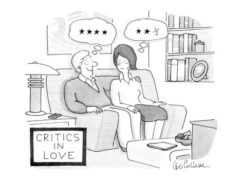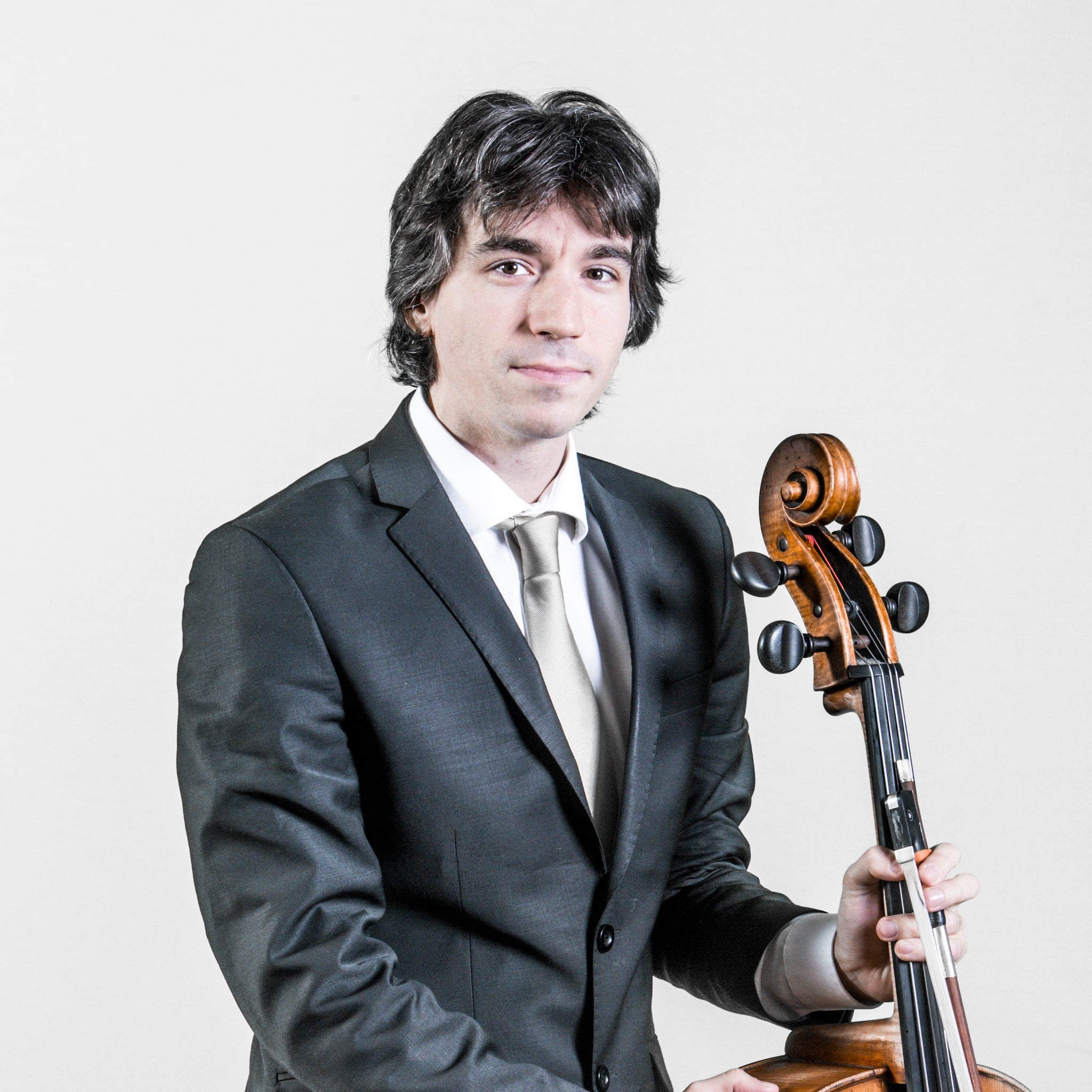‘We need music criticism more than ever nowadays’
mainTed Gioia complains that music critics have turned into lifestyle reporters:

When I was a child, Gunther Schuller’s byline appeared in Saturday Review, and Leonard Bernstein hosted music specials on CBS. In my teens, I could read smart, musically astute critics in many magazines and newspapers. I might disagree with the judgments of Harold Schoenberg, John Rockwell, Winthrop Sargeant, Robert Palmer, Leonard Feather, Martin Williams, Alfred Frankenstein, and others, but they knew their stuff. Many of them were musicians themselves. Sargeant had served as a violinist with the New York Philharmonic. Frankenstein had played clarinet with the Chicago Symphony. Palmer gigged in bands before he started writing about them. Feather had recorded as a pianist, and although he would never put Oscar Peterson out of business, he knew his sharps and flats….
… We need smart musical criticism more than ever nowadays. In my many years as music scribe, I’ve never encountered such a huge gap between the skilled and the unskilled, the talented and the wannabes. Listening to new releases, I am reminded of how an Australian friend once described the United States to me: “You Americans represent the best of the best, and the worst of the worst, all hopelessly mixed together.” The same is true of the output of the music industry in the present day. I hear artists who can sing like birds, others who would need to retire if Auto-Tune disappeared. I encounter songwriters who have mastered all the nuances of harmony, others who couldn’t modulate keys if you handed them the chords on a silver flash drive. I’m dazzled by performers who possess a deep grasp of rhythm; others apparently haven’t yet figured out the simplest syncopations.
Certainly non-musical factors also deserve attention from critics. We have all encountered artists with very little technical skill, who still succeed because they compensate with an excess of imagination and creative vision. And who knows, maybe waving a foam finger or dressing like a robot warrants a paragraph or two, even if it’s little more than a gimmick. But let’s not kid ourselves, these can’t serve as the foundation for a healthy musical culture. Musical knowledge empowers artistic expression. Critics who are unwilling, or perhaps incapable, of assessing such matters may still have some insights to offer, but they will struggle to fulfil the most basic responsibility of the music critic, which is to pay close attention to the sounds.
Read the full article here.






Comments